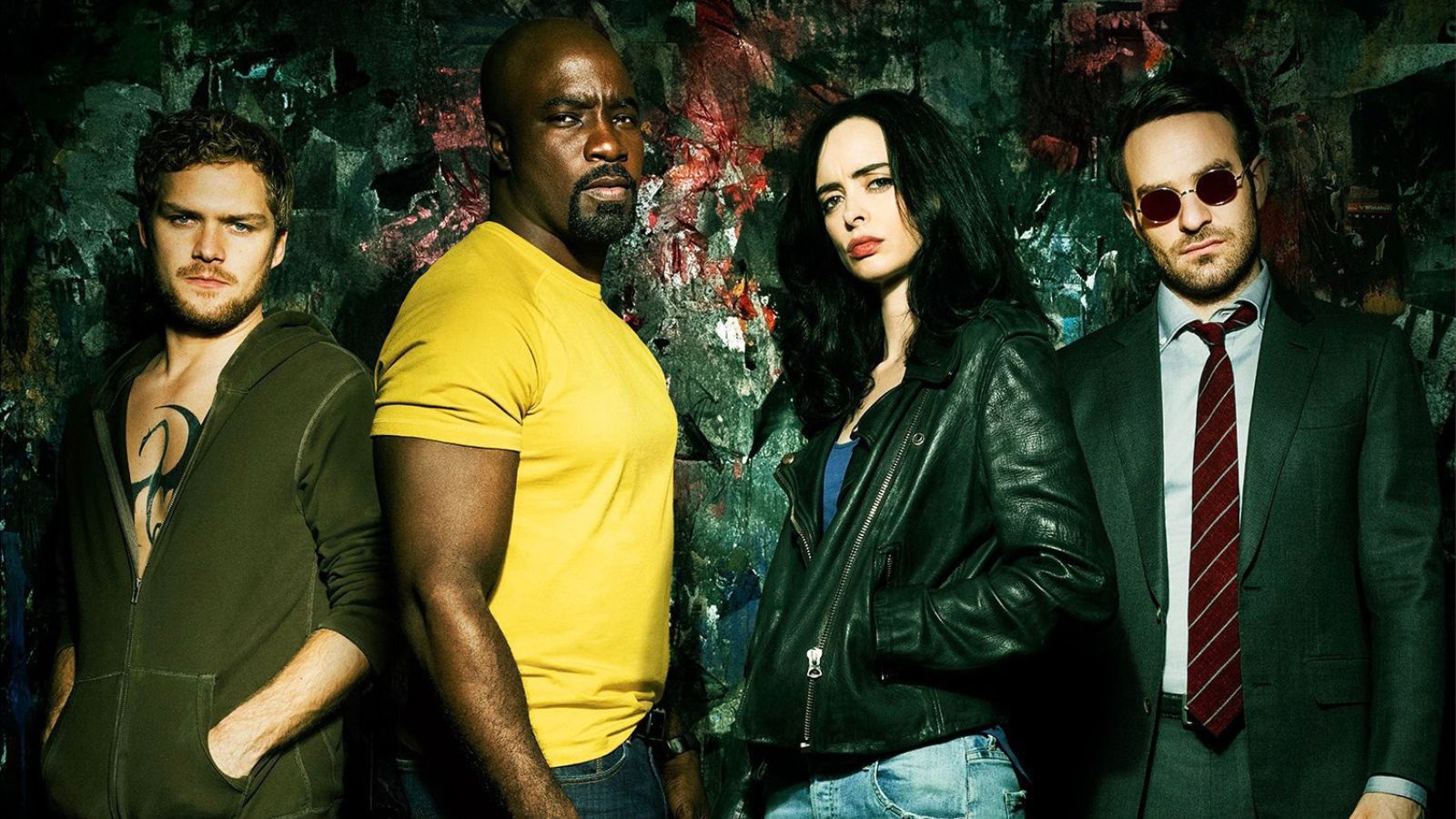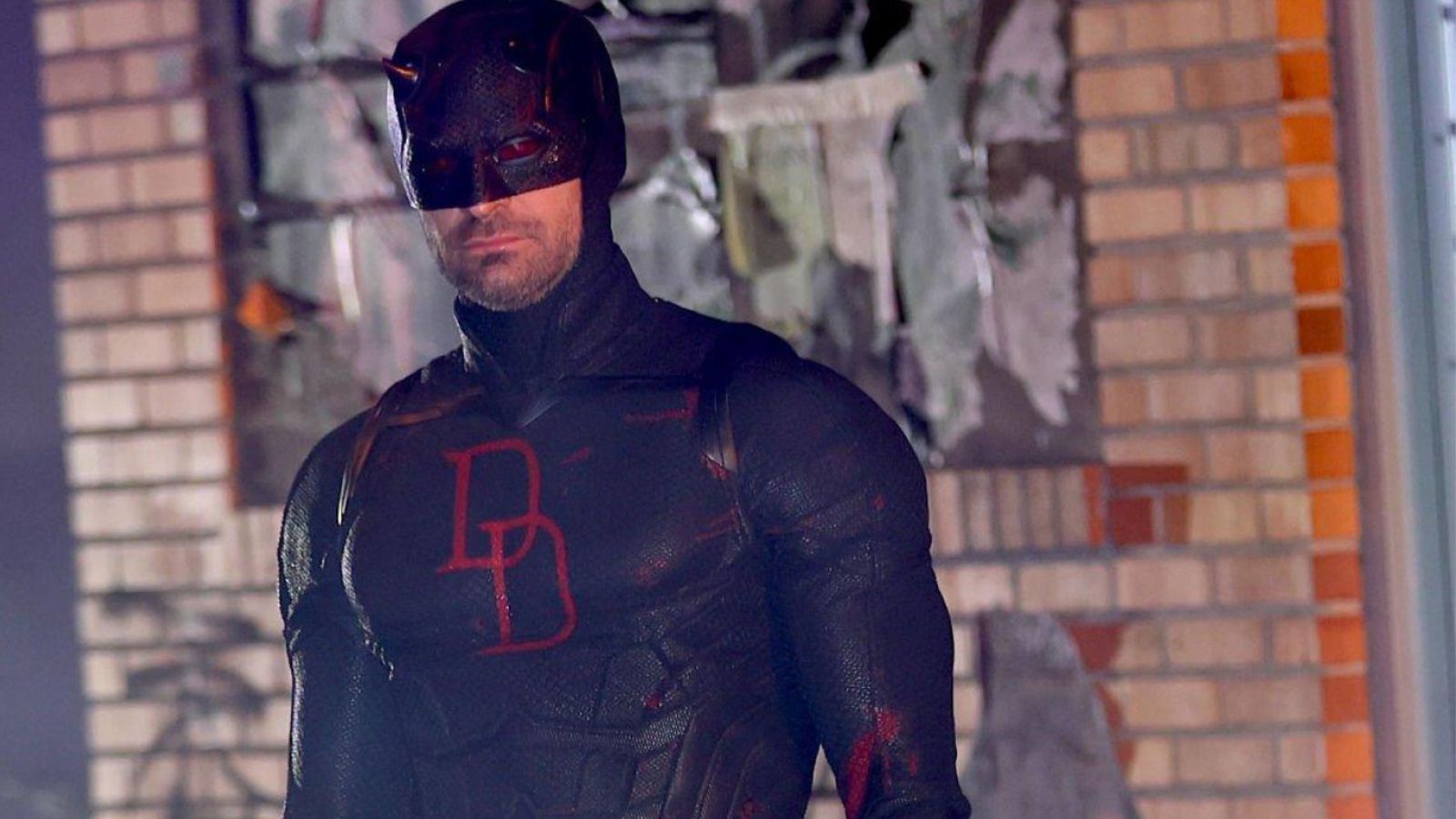
Disney Plus Introduces “GroupWatch” and Rolls It Out Starting With Canada
- Disney+ is bringing on a watch party mode, but it’s still in the testing stage and limited to Canada only.
- Only six users may join the new feature called “GroupWatch,” and only the “Dog Days” movie is supported.
- Disney+ was slow to develop and introduce this feature, and it was actually among the last services to do so.
Disney+ has started rolling out a new feature called “GroupWatch,” and users in Canada can already test it out. As the company promised, more countries will follow, probably sometime in the upcoming months.
This feature is a watch-party system that enables people to enjoy watching a movie “together,” even if they are based at different locations. It is clear that the COVID-19 is re-emerging through a second, even more, intense wave, so we won’t escape from this home-bound self-isolation situation any time soon.
Related: How to Watch Movies With Your Friends Online? – We Bring You the 7 Best Tools for the Job!
Streaming platforms know they need to do something to alleviate the feelings of lonely seclusion that arise from staying at home and binging on movies and series. Plex was among the first to address this problem back in May 2020, introducing a beta party watching mode. HBO did it around the same time by teaming up with Scener.
Since then, more services followed the example, with Amazon introducing a watch party mode in June 2020, “Movies Anywhere,” doing the same in July 2020, and Twitch introducing the feature globally this month. So, Disney+ is catching up with the developments in the field and has just started testing “GroupWatch” in Canada.
Related: How to Watch Netflix With Friends Online? – 4 Easy Ways to Host Long-Distance Movie Nights!
Those who can test the new feature report that there’s a limit of six users max for the watch party, but that should be enough to enjoy some company really. Also, for now, only the movie Dog Days is supported by “GroupWatch,” so that’s all you can watch with your remote company. Obviously, some of these limitations will be lifted later on when the feature enters a stable status. If Disney+ had started working on “GroupWatch” a bit earlier, they could be promoting the controversial Mulan 2020 movie now.
Speaking of which, there’s widespread controversy around the reboot of the 1998 animation film of the Chinese folklore tale, and there’s even a #BoycottMulan movement going on right now. The reason is Disney’s stance on the matters of how the Chinese regime treated the Uighur ethnic group minority as well as the Hong Kong protests and human rights in general. Mulan’s ending credits give special thanks to the specific Chinese government entities responsible for the above, and so many people perceive this as blatant “whitewashing.”









